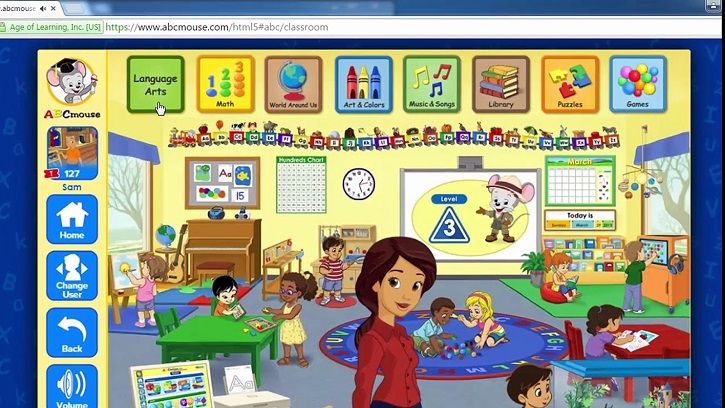1. Generation Change Fellows Program 2020
Application Due: February 7, 2020 at 17:00 (GMT -4:00)
THE PROGRAM
About USIP
The United States Institute of Peace is an independent, nonpartisan institution established and funded by Congress to increase the nation's capacity to manage international conflict without violence. USIP aims to “think, act, teach, and train” across the spectrum of international conflict prevention, management, and resolution and to help societies in the period of post-conflict stabilization. Learn more about USIP.
About the Generation Change Fellows Program
The Generation Change Fellows Program (GCFP) is dedicated to strengthening the capacity of civically engaged youth leaders as they emerge as peacebuilders in their communities. By delivering training in effective leadership, conflict management, and prejudice awareness and reduction; providing online courses and other resources; and fostering a global learning community, the two year Fellowship gives participants the additional skills, knowledge, support, and resources needed to increase their resilience as peacebuilders and civic leaders, manage conflict at a local level, and increase the effectiveness of their peacebuilding programs.
Generation Change Fellows are between 18 and 35 years old. They hold leadership roles within civic organizations and are actively working to positively impact their community. The Fellows have earned trusted and legitimacy within their community through their demonstrated commitment to their work.
About the Training
The five day program will deliver training in effective leadership, conflict management, and prejudice awareness and reduction in order for these emerging leaders to increase their resilience and have a greater impact on their respective communities. The training will provide a safe space for participants to share ideas, gain new tools, practice constructive conversations, and better understand conflict resolution, especially as it relates to their country. It will also expose participants to experts in the leadership development and conflict resolution
THE PROGRAM
About USIP
The United States Institute of Peace is an independent, nonpartisan institution established and funded by Congress to increase the nation's capacity to manage international conflict without violence. USIP aims to “think, act, teach, and train” across the spectrum of international conflict prevention, management, and resolution and to help societies in the period of post-conflict stabilization. Learn more about USIP.
About the Generation Change Fellows Program
The Generation Change Fellows Program (GCFP) is dedicated to strengthening the capacity of civically engaged youth leaders as they emerge as peacebuilders in their communities. By delivering training in effective leadership, conflict management, and prejudice awareness and reduction; providing online courses and other resources; and fostering a global learning community, the two year Fellowship gives participants the additional skills, knowledge, support, and resources needed to increase their resilience as peacebuilders and civic leaders, manage conflict at a local level, and increase the effectiveness of their peacebuilding programs.
Generation Change Fellows are between 18 and 35 years old. They hold leadership roles within civic organizations and are actively working to positively impact their community. The Fellows have earned trusted and legitimacy within their community through their demonstrated commitment to their work.
About the Training
The five day program will deliver training in effective leadership, conflict management, and prejudice awareness and reduction in order for these emerging leaders to increase their resilience and have a greater impact on their respective communities. The training will provide a safe space for participants to share ideas, gain new tools, practice constructive conversations, and better understand conflict resolution, especially as it relates to their country. It will also expose participants to experts in the leadership development and conflict resolution




























































Post a Comment